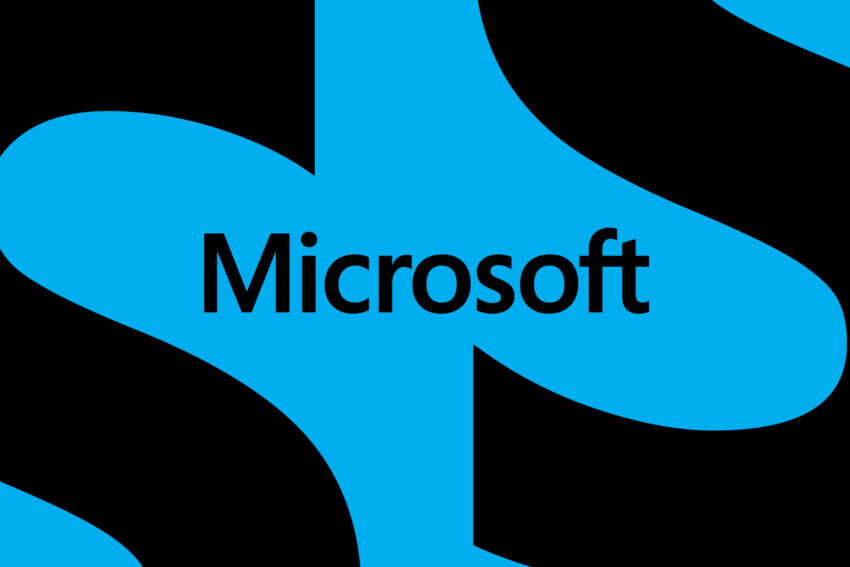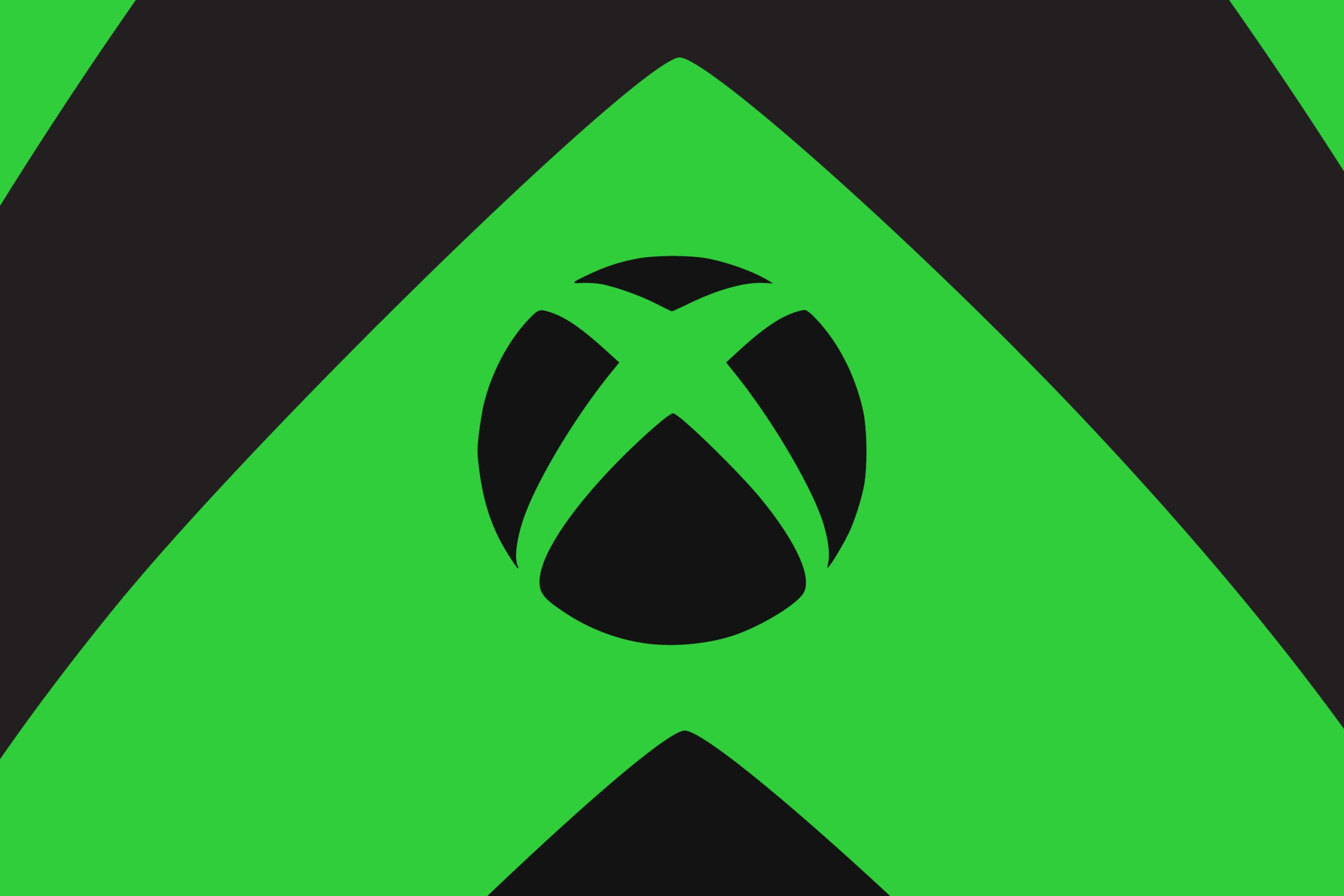
xbox sales continue to tank Microsoft’s Xbox division continues to face significant challenges as sales figures decline sharply, raising concerns about the future of the gaming console in a competitive market.
xbox sales continue to tank
Current Sales Trends
Recent earnings reports reveal a troubling trend for Xbox hardware sales. In Microsoft’s Q1 2026 earnings, Xbox hardware revenue plummeted by 29 percent year-over-year. This decline follows a previous drop of 22 percent in the last quarter and a staggering 42 percent decrease in Q4 of 2024. These figures paint a clear picture: the Xbox brand is struggling to maintain its foothold in the gaming industry.
The decline in hardware sales is not an isolated incident but part of a broader trend that has persisted over the past several quarters. The company has faced various economic challenges, including rising tariffs and inflation, which have compelled Microsoft to increase the prices of its gaming hardware. The Xbox Series X now starts at $599.99, a significant price point that may deter potential buyers.
Strategic Shifts in Response to Declining Sales
In light of these challenges, Microsoft has shifted its strategy away from focusing solely on console sales. The company has adopted an “Xbox everywhere” approach, aiming to expand its gaming ecosystem beyond traditional hardware. This strategy has yielded some success in terms of content and services, although revenue growth in this area has been modest, increasing by only one percent year-over-year.
Content and Services Growth
While the Xbox hardware segment struggles, Microsoft’s pivot toward services has shown potential. The company has been investing heavily in its gaming subscription services, such as Xbox Game Pass, which offers subscribers access to a library of games for a monthly fee. This model aligns with the growing trend of digital consumption, where gamers prefer access over ownership.
Despite the slight growth in content and services, Microsoft has set ambitious goals, aiming for a 30 percent profit margin in this sector. However, achieving such margins has led to significant organizational changes, including layoffs and the cancellation of various projects. The company is clearly under pressure to deliver results in a challenging economic environment.
Future Outlook and Expectations
Looking ahead, Microsoft’s outlook for the second quarter remains cautious. The company anticipates continued declines in Xbox hardware revenue and only low-single-digit growth in its content and services segment. This forecast raises questions about the sustainability of the Xbox brand in a market that is increasingly competitive and evolving.
Comparative Performance of Other Segments
While the Xbox division faces headwinds, other segments of Microsoft’s business are performing well. The company reported a modest 6 percent year-over-year increase in revenue from Windows OEM and Devices. However, it is worth noting that Microsoft has ceased to report Surface earnings separately, leaving uncertainty about the performance of its Surface devices, which have experienced a steady decline over the past few years.
In stark contrast to the struggles of the Xbox division, Microsoft’s Azure and cloud services have emerged as the primary drivers of the company’s growth. The intelligent cloud services segment saw a remarkable 28 percent increase in revenue year-over-year, reaching $30.9 billion. Azure alone experienced a staggering 40 percent growth, underscoring the increasing demand for cloud computing solutions.
Cloud Services as a Growth Engine
Microsoft’s cloud revenue as a whole reached $49.1 billion, reflecting a 26 percent increase from Q1 2025. This consistent growth in cloud services has been a bright spot for the company, allowing it to offset declines in other areas. The cloud division has become a cornerstone of Microsoft’s business strategy, providing a stable revenue stream that supports ongoing investments in innovation and development.
Implications for the Gaming Industry
The challenges faced by Xbox are not just a concern for Microsoft; they have broader implications for the gaming industry as a whole. As gaming becomes increasingly digital and subscription-based, traditional console sales may continue to decline. This shift could lead to a reevaluation of how gaming companies approach their business models.
Moreover, the competitive landscape is evolving rapidly. Companies like Sony and Nintendo are also adapting to changing consumer preferences, and the rise of cloud gaming platforms such as Google Stadia and NVIDIA GeForce Now adds another layer of complexity. Gamers are now presented with a variety of options, making it essential for Microsoft to differentiate its offerings and provide compelling reasons for consumers to choose Xbox over competitors.
Stakeholder Reactions
The reactions from stakeholders, including investors and analysts, have been mixed. While some express concern over the declining hardware sales, others remain optimistic about the potential of Microsoft’s services and cloud offerings. Investors are closely monitoring the company’s ability to pivot successfully and adapt to the changing landscape of the gaming industry.
Analysts have pointed out that while the Xbox brand may be struggling, Microsoft’s overall financial health remains robust. The company reported a total revenue of $77.7 billion for the quarter, an 18 percent increase from the same period last year. Its net income was $27.7 billion, reflecting a 12 percent increase. These figures indicate that while the Xbox division faces challenges, Microsoft’s diversified portfolio is helping to sustain its overall growth.
Conclusion
In summary, Xbox sales are on a downward trajectory, with significant declines reported in hardware revenue. Microsoft’s response has been to shift its focus toward an “Xbox everywhere” strategy, emphasizing content and services. However, growth in this area has been modest, and the outlook for the future remains uncertain.
As the company navigates these challenges, it continues to rely on its cloud services as a primary growth engine. The broader implications for the gaming industry suggest a shift in consumer preferences toward digital and subscription-based models, which could reshape the landscape for traditional console manufacturers.
While Microsoft’s overall financial performance remains strong, the future of the Xbox brand will depend on its ability to innovate and adapt in a rapidly changing market. Stakeholders will be watching closely as the company seeks to turn around its fortunes in the gaming sector.
Source: Original report
Was this helpful?
Last Modified: October 30, 2025 at 3:39 am
3 views















